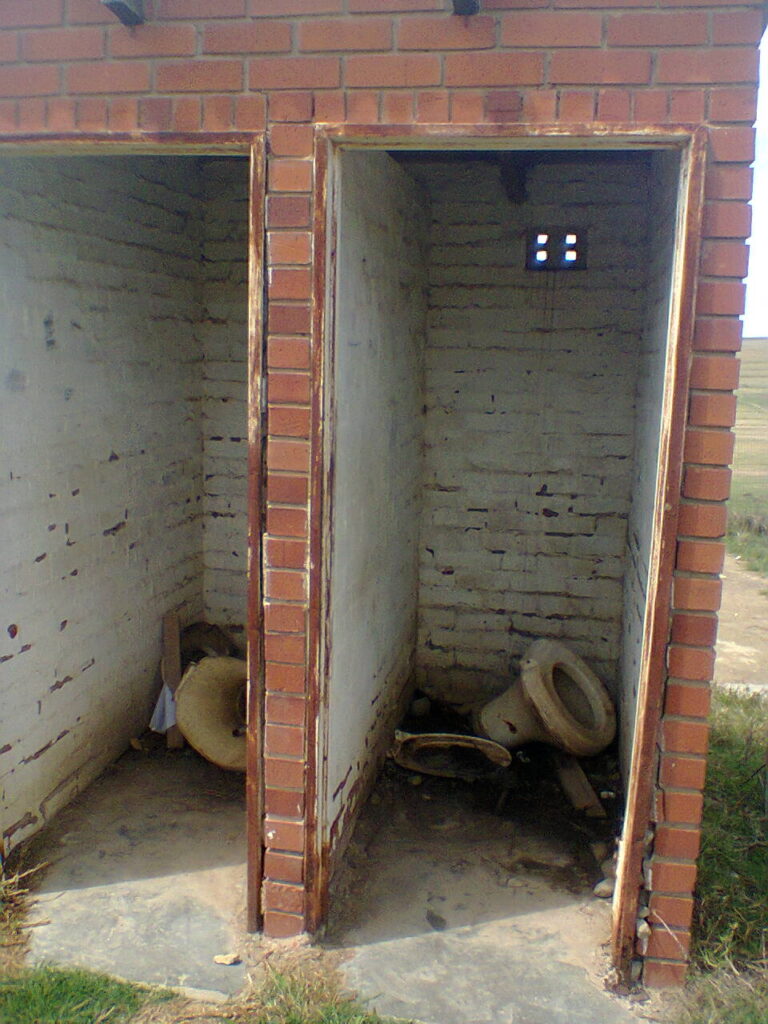Failure need not be a negative. Framing failures in a constructive way can help overcome understandable fear, embarrassment or shame over not achieving an outcome or goal.
Learning lessons from all experiences, good or bad, will help strengthen interventions, encouraging adaptation in ever-changing conditions, and helping to avoid future, potentially ‘bigger’ failures, or perpetuating bad practice.
The sanitation and hygiene sector operates in a rapidly changing environment, and the uncertainty it creates means some degree of failure is inevitable. Ambitious goals such as SDG 6.2 have raised the bar, and meant the sector has had to rapidly adapt and innovate to come up with ways of meeting this goal.
Ongoing learning, reflection and feedback can help uncover challenges at an early stage while sharing these problems will enable us to learn from and build on each others’ experiences. Finding safe spaces to be open and honest, to reflect, share and have difficult conversations with each other without fear of judgement or recrimination is at the core of this approach.
Applying lessons learned to change mindsets, behaviours and the ways we work, and building this space for reflection and adaptation into programming and reporting, will help the sector become more transparent, accountable, and ultimately successful in our journey towards safe, sustainable sanitation for all.








